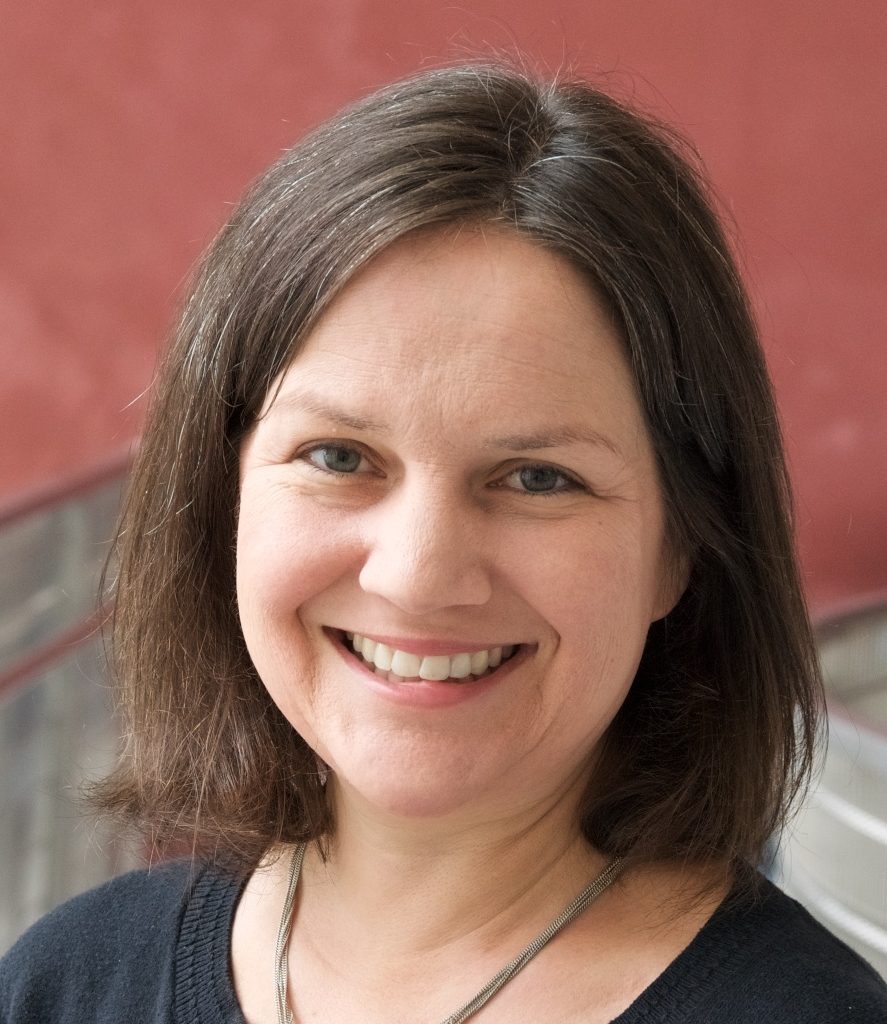Amy Sodaro, the author of the 2018 book “Exhibiting Atrocity: Memorial Museums and the Politics of Past Violence,” discussed the importance of continuing Holocaust awareness education in a discussion sponsored by more than 10 schools and academic programs, including Binghamton University’s Institute for Genocide and Mass Atrocity Prevention.
Held on Monday at the Harriet and Kenneth Kupferberg Holocaust Center at Queensborough Community College, the conversation marked International Holocaust Remembrance Day and honored the 1945 liberation of the Auschwitz concentration camp. It highlighted the Holocaust’s lasting impact and the persistent need for education and awareness, exploring the history and evolution of Holocaust memorials and museums.
“Often, I think that people believe that any kind of engagement with the Holocaust or atrocity — such as simply visiting a memorial museum or reading a book or watching a film is a virtuous act in and of itself,” Sodaro wrote to Pipe Dream. “Yes, it’s important to do these things, but if they don’t translate into any kind of action they are not very meaningful in terms of making real change. That’s why I think that linking past and present is so important.”
“If people can educate themselves about the Holocaust, but then see how it remains relevant in today’s world — how similar forms of violence, othering, exclusion, etc. are occurring right now — then I think we get closer to turning memory and education into social action that can actually work toward prevention,” she added.
Sodaro, an expert in memorial museum history and teaches sociology, cultural studies and genocide studies at both the New School in New York City and William Paterson University in New Jersey, said remembrance must go beyond passive reflection. She emphasized the urgency of confronting rising antisemitism and other forms of discrimination by drawing connections between the Holocaust and modern antisemitic attacks.
A key focus of the talk was the role that the Holocaust memorial museums play in preserving historical truth. As the number of living survivors continues to dwindle, these institutions become even more important in ensuring that future generations understand past atrocities and can better recognize hateful ideologies. Sodaro added that many individuals, especially young people, are uninformed, with a survey released recently by the Conference on Jewish Material Claims Against Germany suggesting that 48 percent of Americans are not able to name one concentration camp.
“I think that, in general, it is impossible to understand the present without understanding history and how we got here,” Sodaro wrote. “I believe it’s especially important to understand past conflict, genocide and atrocity and how it has helped to shape the world we live in, as it helps us better make sense of structures of inequality, discrimination and intolerance that continue to shape our contemporary society.”
The conversation addressed the rise in antisemitic rhetoric and hate crimes, particularly in New York. Sodaro said that while education is crucial, it must be accompanied by decisive action. Memorial museums, she added, are evolving beyond static institutions of remembrance and are encouraging visitors to confront moral responsibility and consider the consequences of indifference.
“I think this is part of what I find so interesting about memorial museums — yes, they teach one about the past, but if you look a little deeper, you learn much more about the priorities, politics and (purported) values of the societies that create them,” Sodaro wrote. “Memory is always political. So are museums. So looking at how memory of the past is activated in museums teaches us a lot about present politics.”
At the discussion’s conclusion, Sodaro reinforced the importance of remembrance as a catalyst for action. The lessons of the Holocaust must serve as a guide to preventing future violence, making education and awareness more crucial than ever.
This sentiment was echoed by scholars from the University’s Institute for Genocide and Mass Atrocity Prevention, who emphasized that remembrance must be an active commitment to ensuring such atrocities never happen again.
“Remembering past genocides is not only preserving the memory of those we have lost,” Max Pensky and Kerry Whigham, co-directors of the Institute for Genocide and Mass Atrocity Prevention, wrote to Pipe Dream. “It is also a promise to take action for the future. The best way to honor the memory of those who died in the Holocaust, as well as every other genocide that has preceded and followed it, is to devote our full selves to preventing such destruction from happening again.”



